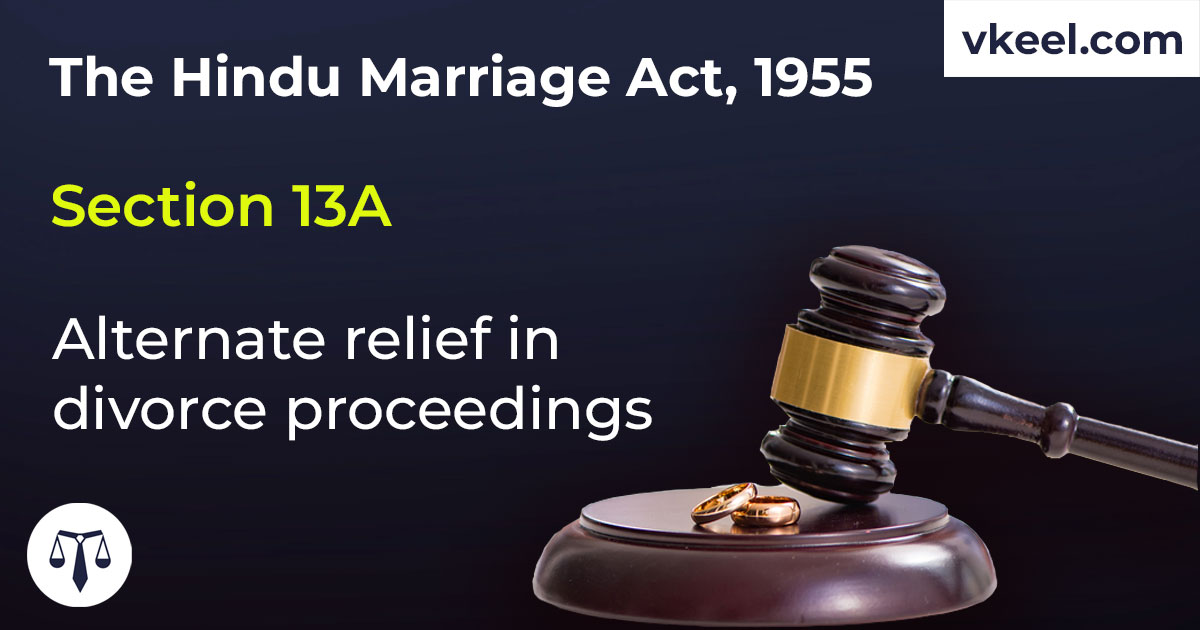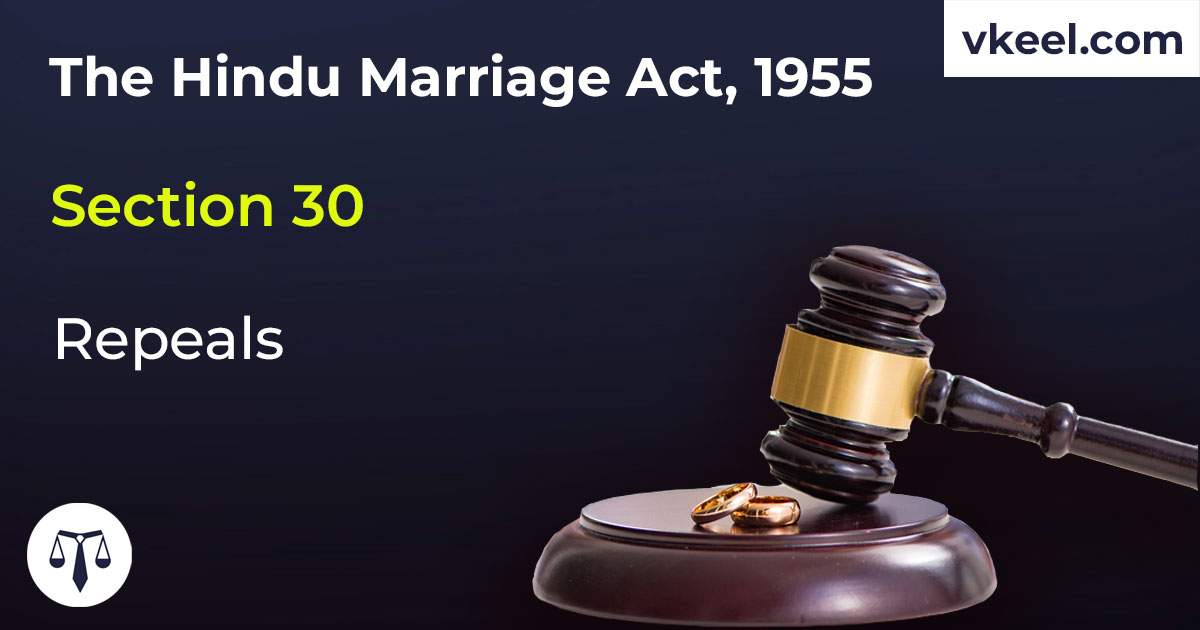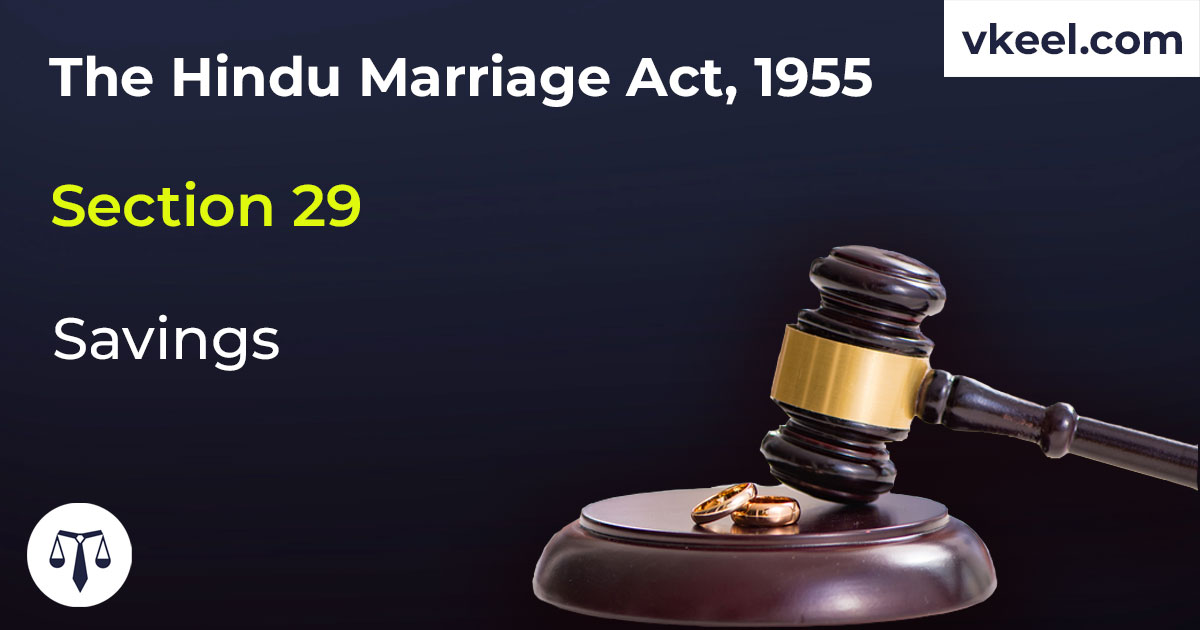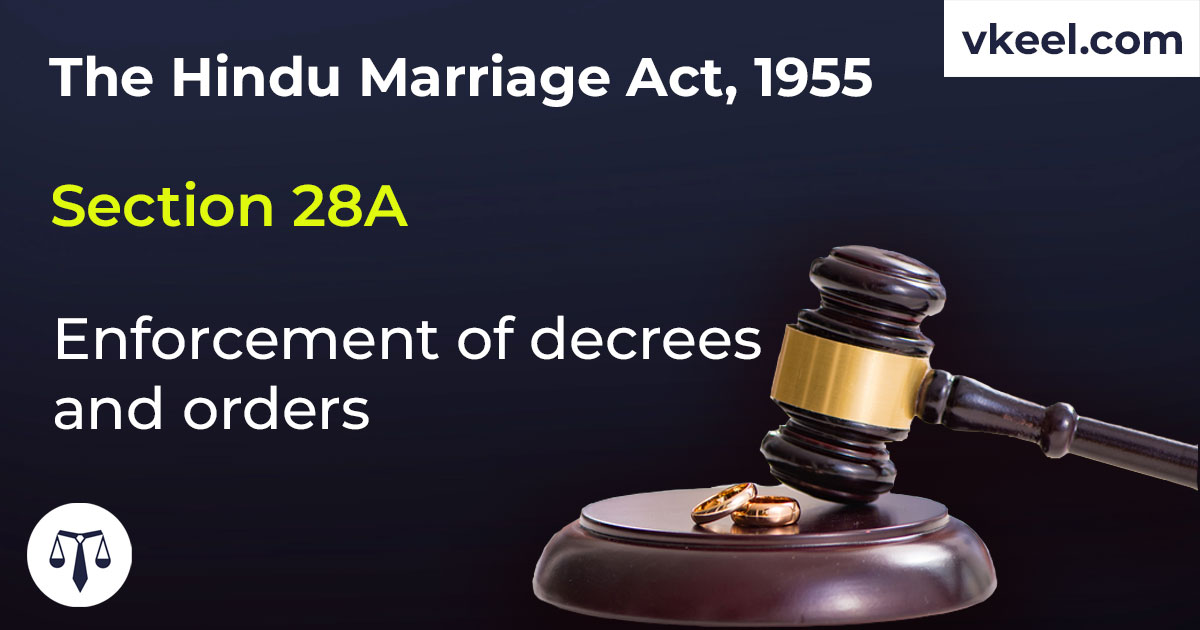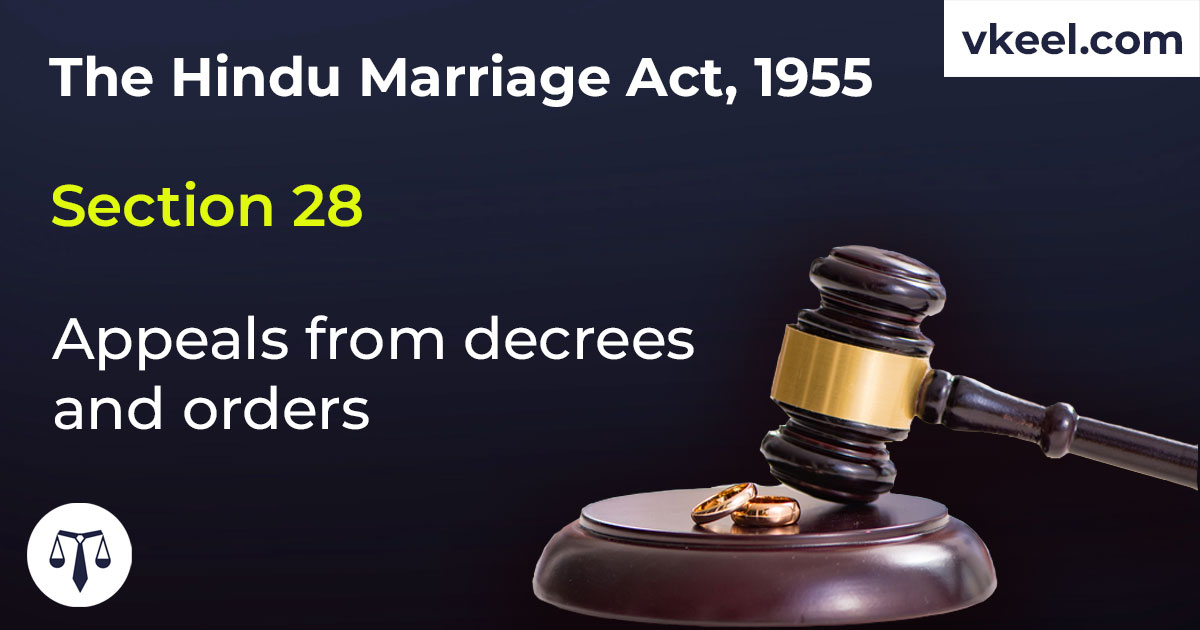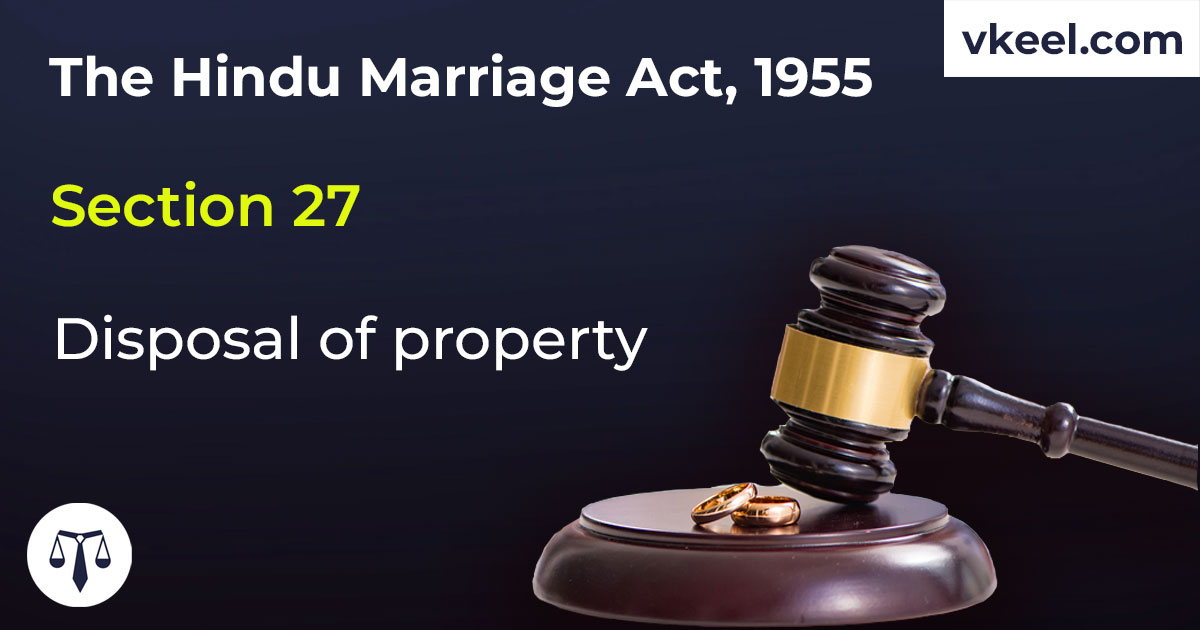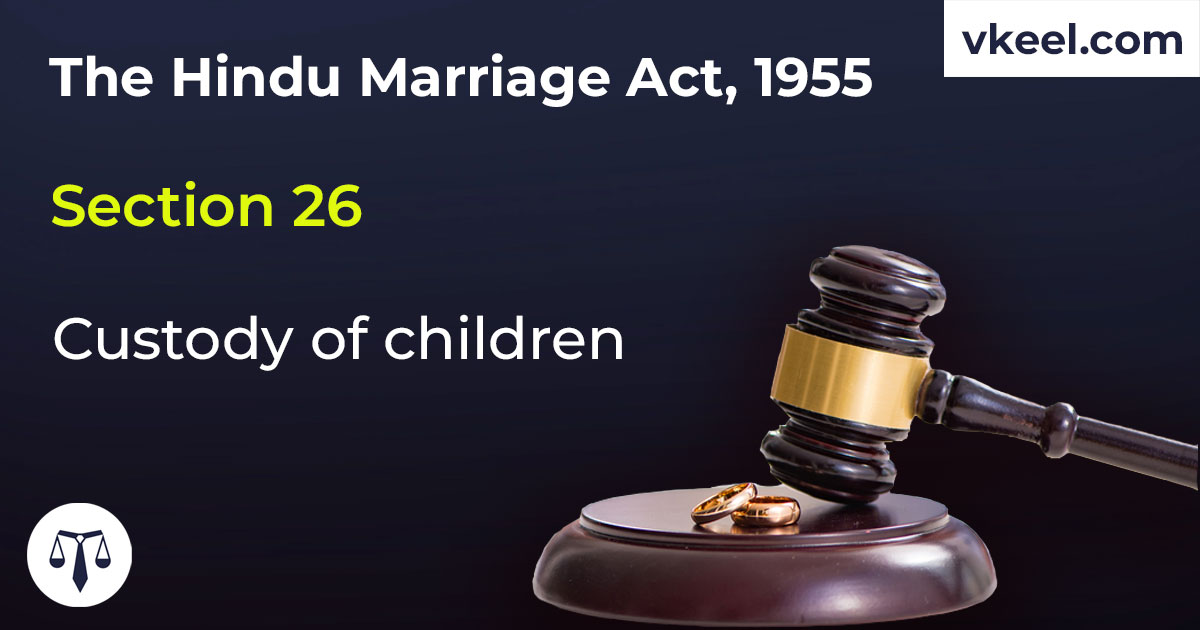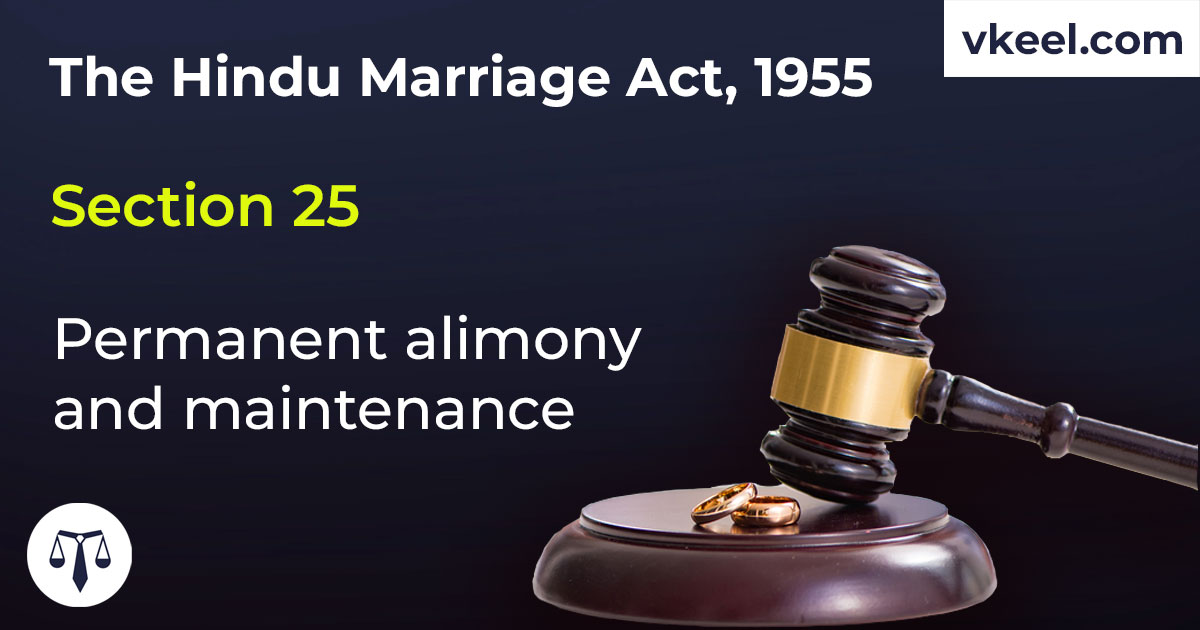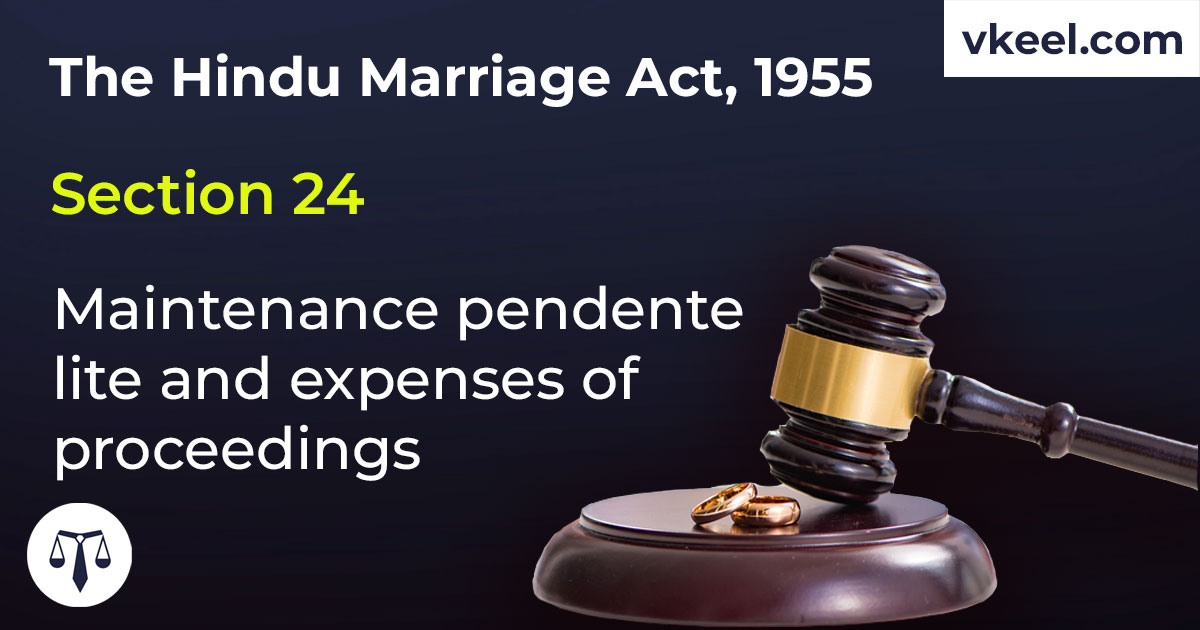Section 13A Hindu Marriage Act 1955 – Alternate relief in divorce proceedings
By Vkeel Team
Description
“Section 13A Hindu Marriage Act 1955”
1[In any proceeding under this Act, on a petition for dissolution of marriage by a decree of divorce, except in so far as the petition is founded on the grounds mentioned in clauses (ii), (vi) and (vii) of sub-section (1) of section 13, the court may, if it considers it just so to do having regard to the circumstances of the case, pass instead a decree for judicial separation.
Advantages and disadvantages of Section 13A Hindu Marriage Act 1955: Alternate relief in divorce proceedings
The Hindu Marriage Act of 1955 introduced Section 13A, which provides for the dissolution of a marriage by mutual consent. This section allows a Hindu couple to legally end their marriage by filing a joint petition in the court. The petition must be signed by both parties and must state that they have been living separately for at least one year and that they have mutually agreed to dissolve the marriage.
The court must be satisfied that both parties have freely consented to the dissolution of the marriage and that they have not been forced or coerced into doing so. The court may also take into consideration any other relevant factors before granting the dissolution.
Once the court has granted the dissolution, the marriage is considered to be dissolved and the parties are free to remarry. The court may also make orders regarding the custody of any children of the marriage, the division of any property, and the payment of any maintenance.
The advantages of obtaining a mutual consent divorce under Section 13A Hindu Marriage Act 1955 are that it is a much quicker and less expensive process than a contested divorce. It also allows the parties to maintain a cordial relationship and avoid the acrimony that is often associated with contested divorces.
However, there are some disadvantages to obtaining a mutual consent divorce under Section 13A. Firstly, it is not always possible to reach an agreement between the parties and the court may not be satisfied that the parties have genuinely agreed to the dissolution of the marriage. Secondly, the court may not take into consideration any other relevant factors such as the welfare of any children of the marriage.
In conclusion, Section 13A Hindu Marriage Act of 1955 provides an alternate relief in divorce proceedings for couples who wish to obtain a mutual consent divorce. While it is a much quicker and less expensive process than a contested divorce, it is not always possible to reach an agreement between the parties and the court may not take into consideration any other relevant factors such as the welfare of any children of the marriage.
1. Ins. by Act 68 of 1976, s. 8 (w.e.f. 27-5-1976).
Description Source: indiacode
Disclaimer:
The information provided in the article is for general informational purposes only, and is not intended to constitute legal advice or to be relied upon as a substitute for legal advice. Furthermore, any information contained in the article is not guaranteed to be current, complete or accurate. If you require legal advice or representation, you should contact an attorney or law firm directly. We are not responsible for any damages resulting from any reliance on the content of this website.

